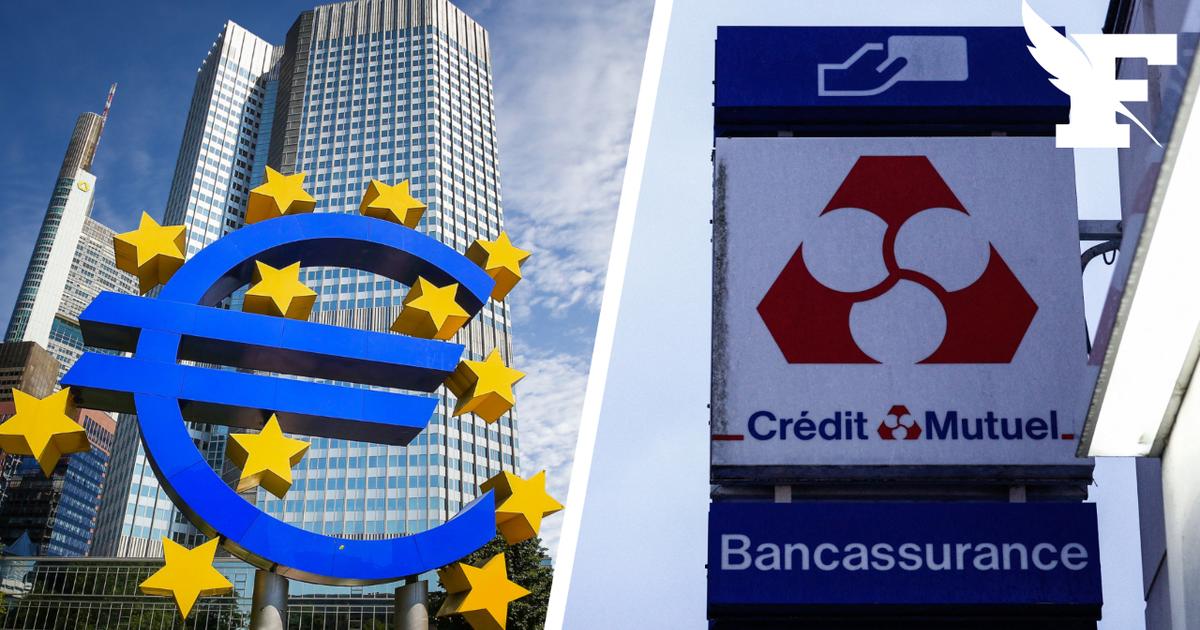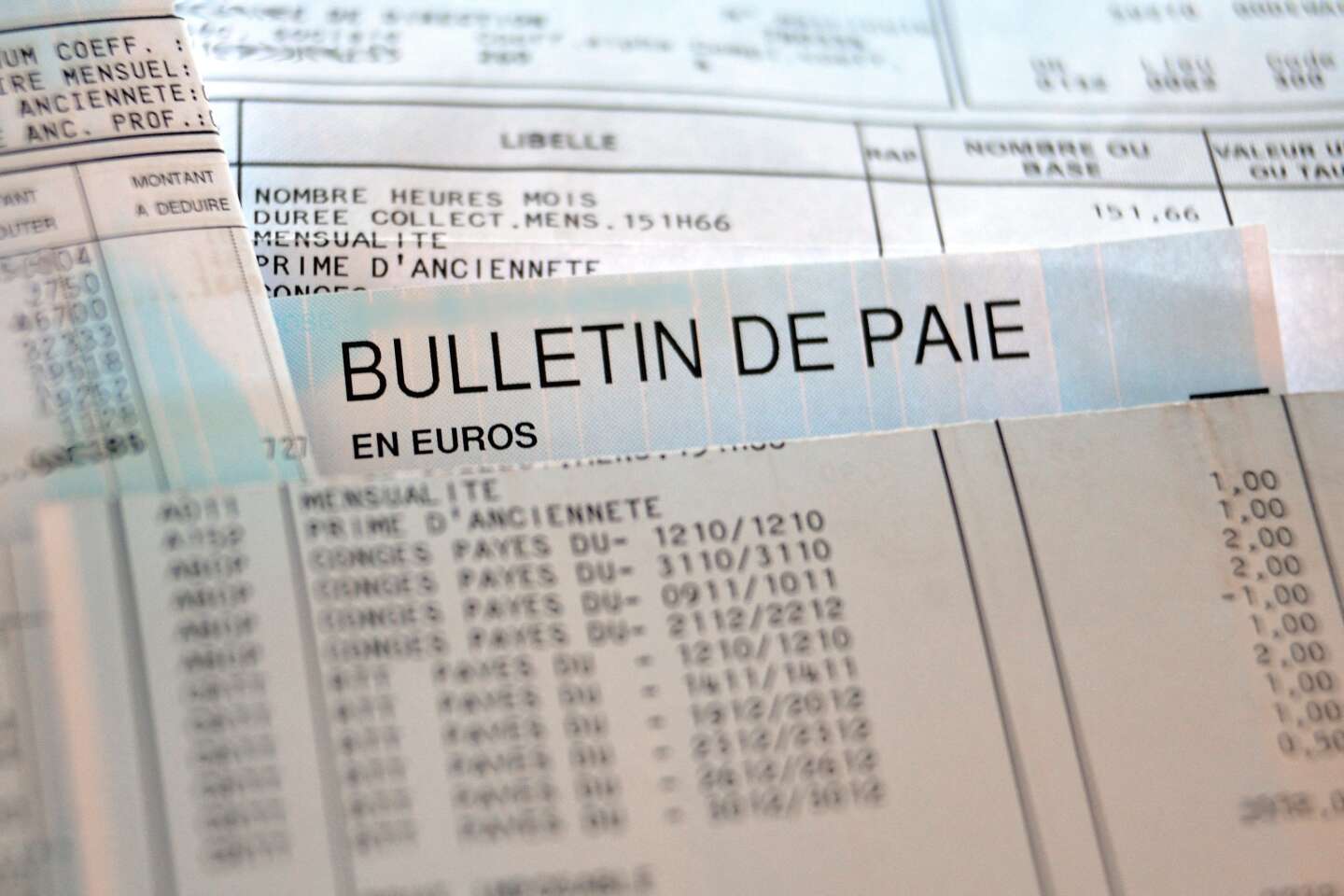Greater transparency to restore trust

This surge in prices amid an inflationary crisis is forcing more and more individuals and businesses to look for energy alternatives. Solar energy is emerging as an obvious solution to guarantee their energy autonomy and reduce energy bills. As shown by the 150,000 self-consumption connections recorded since the beginning of 2023, or about 410 homes equipped every day. However, this positive trend is overshadowed by deceptive marketing practices that undermine consumer confidence. Among them: the practice of exorbitant installation prices by many players and the continued ambiguity surrounding the origins of so-called “French” solar panels.
Clarifying solar costs to promote transparency and restore trust
Price transparency in the solar sector is essential to enable consumers to make informed decisions. Unfortunately, the lack of clarity about the true cost of solar kits and installation has often left consumers in the dark, fueling widespread mistrust. Deceptive marketing practices have contributed to this confusion, with overquotes exceeding the actual cost and reasonable margins. Indeed, it’s not uncommon to see companies offering quotes for solar installation at double or even triple the price charged by other, more honest professionals. This exaggeration is often aimed at taking advantage of consumers’ ignorance and their desire to quickly switch to solar energy for economic reasons. This discourages profitability, with depreciation periods extending to more than 20 years, or even almost zero profitability, when additional consumer credits are involved to finance the high cost of installation.
To help customers navigate this complex market, providing clear advice and reference pricing becomes essential. By relying on reliable data, we can establish solid benchmarks for evaluating the right price range for solar installations. For example, in terms of materials, the cost of a complete solar kit of 8 3kWp panels should not exceed €3,500 excluding tax at most, while the total cost of installation including labor should not exceed €9,000, including tax for installation. 8 photovoltaic panels on a classic roof without characteristic (8 3kWp panels are the average French installation to date). Therefore, by informing customers about the true value of materials, encouraging them to request multiple quotes and research as far in advance as possible, we can help restore confidence in the solar market and assure customers of installation quality at fair and reasonable prices.
Promoting French solar panels for a sustainable transition
If today more and more consumers turn to solar energy for economic reasons, the second reason mentioned is of course ecological. Indeed, according to a study by Dentsu Insight in 2022, 76% of French people consider renewable energy essential for the future of the planet. However, another ambiguity remains in the market, linked to the country of manufacture of the solar panels sold in the market and therefore to their actual carbon impact and jobs in France.
In a market where local, made in France and carbon impact have become key expectations, consumers are faced with intentionally vague communications regarding the notion of a “French panel” with terms such as “designed in France”, “French designer” or “French quality”. ” which mostly hides 100% Chinese photovoltaic panels. Despite this communication from some French brands, About 95% of the solar panels installed in France are 100% manufactured in Asia and travel thousands of kilometers by cargo in containers. This logistical process is not only harmful to the environment, but is against the principles of energy independence.
But at a time when China has a virtual global monopoly on the production of photovoltaic cells and panels, making France and Europe largely dependent on Chinese manufacturers to meet growing demand, is it really possible to buy French panels? Yes! To date only two companies, SYSTOVI in Nantes and VOLTEC SOLAR in Alsace, today assemble photovoltaic panels in their factories on the national territory. Therefore, to further reduce the carbon footprint and support the national economy, it only makes sense to adopt solar panels made in France from these two brands. That is why it is crucial to demand full transparency about the origin of solar panels to restore consumer confidence and guarantee a real commitment to the environment and the French industry. Consumers must have access to clear and accurate information about the origin of the selected solar panel, which will allow them to choose a panel brand with real knowledge of their preferred site and production method.
In conclusion, if France now has 387,000 self-consumption installations, and aims to reach the forecast of 4 million self-consumption homes in 2030, it is necessary to make the solar market more transparent, both on an environmental level than on a financial level. By regulating the market and providing accurate information to consumers, we can greatly accelerate the adoption of solar energy to fight global warming more quickly.





